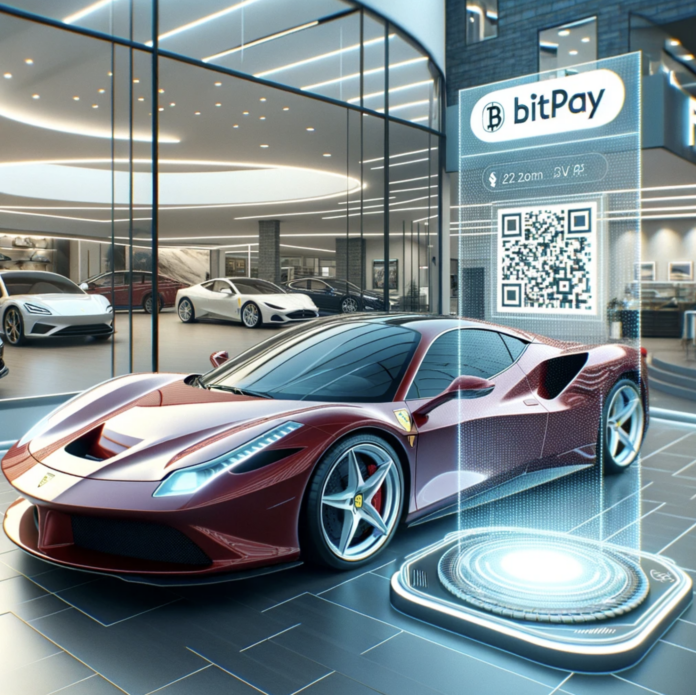The question of “When Lambo?”—a phrase nearly synonymous with achieving high profits in the crypto community—is getting fresh competition. Now, with Ferrari embracing digital currency payments for its high-speed luxury models, the new query is “When Ferrari?” But it’s not just these prestigious brands paving the way in crypto adoption; automakers across various segments are hitting the accelerator on integrating digital assets into their payment systems. However, Tesla, the electric vehicle innovator, seems to be pulling back even as the crypto race speeds up.
Let’s look beyond the big names of Ferrari, Lamborghini, and Tesla to dig deeper into this accelerating trend. Honda, a brand known for affordability and reliability, has emerged as a leader in diverse cryptocurrency acceptance. Through its partnership with FCF Pay, Honda enables transactions in a wide range of cryptocurrencies, from Bitcoin and Ethereum to meme coins like Dogecoin and Shiba Inu. This move represents a broader trend in the automotive world, aligning companies with the modern financial landscape. The transparent fee structure offered by FCF Pay is another value proposition, making it easier for consumers to comprehend the cost implications of crypto payments.
But Honda isn’t a lone rider on this highway. BMW, known for its innovative engineering and luxury features, has also dipped its wheels into crypto payments, albeit in a more cautious manner. Certain BMW dealerships have been open to accepting Bitcoin, although the brand itself hasn’t made a global commitment. On the other side of the spectrum, Nissan is studying blockchain technology for applications other than direct payments, focusing on improvements in automotive software updates and security.
Porsche is another brand exploring the blockchain space, but for now, its efforts are directed more toward enhancing vehicle security and functionality rather than facilitating crypto transactions for car sales. This indicates a more cautious yet engaged approach to blockchain technology, acknowledging its potential without immediately incorporating it into their payment systems.
When compared to these developments, Tesla’s vacillation on crypto payments appears even more glaring. Despite an initial investment of $1.5 billion in Bitcoin and accepting it for purchases, Tesla hit the brakes due to environmental concerns. Though Elon Musk hinted at resuming Bitcoin payments when cleaner mining methods are established, there’s been no word on when that might happen. Meanwhile, Musk’s affection for Dogecoin has led to its exclusive acceptance for Tesla purchases, a decision that further muddles the company’s crypto strategy.
As the automotive industry shows signs of broadening its acceptance of digital currencies, Tesla’s hesitation stands out like a caution flag on a racetrack. What started as a trend among luxury brands like Lamborghini and Ferrari has trickled down to more mainstream manufacturers like Honda. Even brands that haven’t fully embraced crypto payments are at least dipping their toes in blockchain technology, researching its multiple applications for the future of automotive commerce and technology.
So, as automakers big and small shift gears into the crypto fast lane, all eyes are back on Tesla. Will they speed up to catch the pack, or will they remain stalled at the starting line, pondering their next move in this rapidly evolving financial race? Only time will tell, but for now, the question remains: “When Tesla?”


